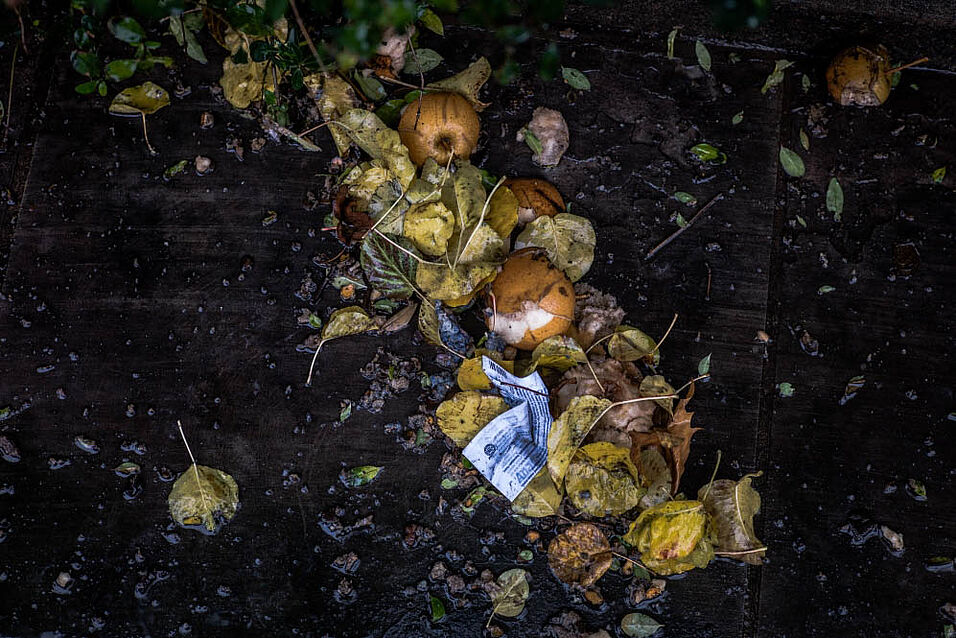Compost, an essential raw material for soil improvement and fertilization, is produced from organic household, garden, and park waste through a decomposition process. With the growing importance of biomass recovery from household waste, the use of high-quality compost is becoming increasingly important, including for agricultural use.
The challenge is that biodegradable plastics undergo a fragmentation phase in which larger particles are broken down into micro- and nanoplastics. It must be verified that these small fragments are also completely degraded in the compost. The cooperation between the University of Vienna and BASF addresses this issue. The research collaboration aims to investigate the degradation of biodegradable plastics using different composting techniques and to complement existing methods for biomineralization with methods for the fragment phase.
"Our collaboration with BASF allows us to make significant progress in environmentally friendly plastics. We want to use innovative methods to identify the conditions and timeframe required to guarantee the complete degradation of plastic in compost, and how to verify this process," explains Prof. Thilo Hofmann.
The results of this collaboration will help provide well-founded answers to questions about the environmental impact of biodegradable plastics in compost. The collaboration will contribute to the development of sustainable solutions for the environmentally responsible use of resources.

